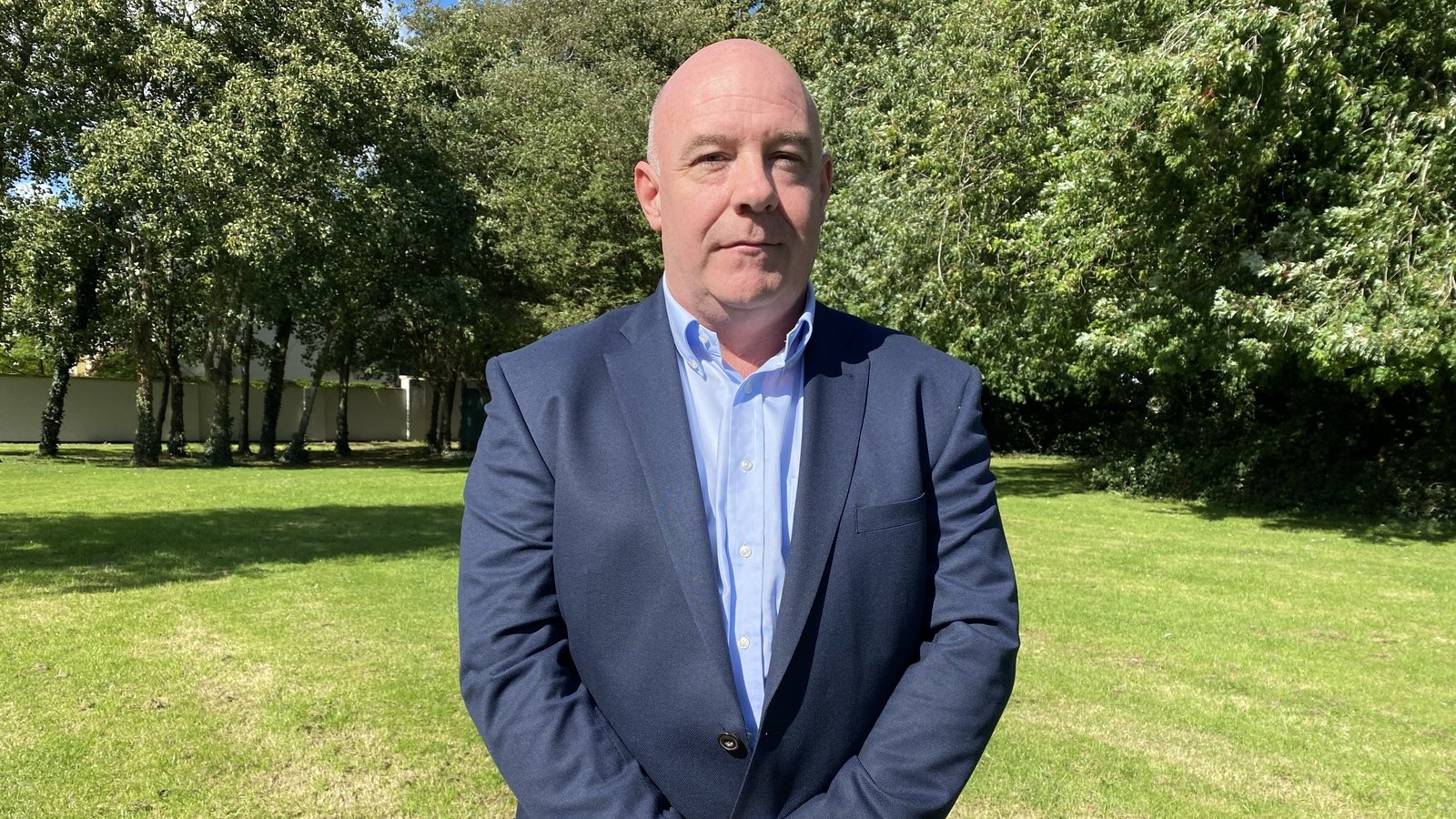The Chief Executive of the domestic violence service Sonas has stepped down, citing red tape and a broader need for reform across the sector as reasons for his departure.
Last year, David Hall became interim chief executive of the charity, which is one of the largest providers of refuges for domestic violence victims.
Since his appointment, Mr Hall has highlighted problems in the Domestic, Sexual and Gender Based Violence (DSGBV) sector.
In March, he called on members of the Oireachtas to do more to simplify the pathway for those experiencing DSGVB to enable them access key support services.
In July, Mr Hall attended in court with Natalie Ennis, who was subject to torture and false imprisonment in a flat in Dublin by five men who were jailed.
Following the case, Mr Hall said there was “abject failure” by the State to join up the services required by victims.
He described stepping down from the role as “one of the most difficult” decisions he has had to make.
Mr Hall criticised the sector, which he views as disjoined and fragmented, and impacting victims of domestic, sexual and gender-based violence.
He described the staff at the charity as a “compassionate team” but said, like others in the sector, “they’re defeated” – particularly in their efforts to keep victims safe.
Minister for Justice Jim O’Callaghan has described the expansion of refuge accommodation as one of his key priorities.
The goal under the Government’s ‘Zero Tolerance’ strategy, has been to double refuge spaces from 141 in 2022 to 280 in 2026 and to increase the number of safe houses for victims of DSGBV.
The Department of Housing was tasked with providing capital funds by identifying areas of need under the new state body Cuan.
Wexford was the first of 18 priority locations to complete construction last year. However, Mr Hall has said the average length of time it takes to build a refuge is five years.
Sonas repurposed existing assets to create spaces for women and children in the last year, however, the former chief executive faced red tape.
Cuan which formally opened in February last year should be let do its job in “a much faster way” than was intended, he suggested.
DSGVB services in Ireland are “like Pokémon”, he said, with no centralisation or joined up thinking between the Department of Housing, the Department of Justice, and the Court Service – which he described as “the most undignified system in the world”.
During his time in the sector, he found it “bizarre” that the national helpline did not have refuge spaces.
“I can’t take a system seriously when it takes the most difficult, cumbersome bureaucratic process to organise something that’s immediate and urgent,” he said.
While he said there’s “a phenomenal willingness” amongst multiple organisations and dozens of organisations providing services, there’s no strategy.
“There’s no joined-up thinking of housing, none for legal, none for medical, none for healthcare, none for psychological, none for children,” he said.
“They’re just dumped into a refuge and no care afterwards. Those that are lucky enough to find a place.”

